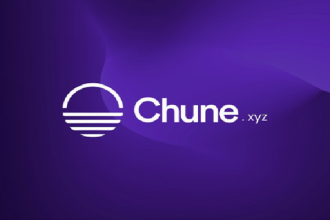If there’s one thing Nigeria has shown in recent years, it’s that its relationship with crypto is anything but straightforward. From banning banks from serving crypto companies in 2021, to lifting that ban in late 2023, and then moving quickly to license homegrown platforms like Quidax and Busha in 2024, the country has been oscillating between scepticism and reluctant acceptance.
Cryptocurrency has often been blamed for everything from naira volatility to tax evasion, yet Nigerians continue to adopt it at one of the fastest rates in the world.
That popularity has made crypto too big for regulators to ignore. Between July 2024 and June 2025, Nigeria received an estimated $92.1 billion in crypto value, ranking it among the largest markets globally. For comparison, that’s nearly double South Africa’s activity. So, while governments in Kenya and South Africa have already introduced crypto-specific taxes, Nigeria has now decided it’s time to take a firmer stance.
CHART: Nigeria Is Africa’s Cryptocurrency Powerhouse
Nigeria has emerged as a prominent player in the global cryptocurrency landscape, firmly establishing itself as one of the top crypto countries globally, according to a recent report by Chainalysis. In Sub-Saharan Africa, crypto transactions accounted for a modest 2.3% of the global volume from July 2022 to June
Enter the Nigeria Tax Administration Act (NTAA) 2025, signed into law in June and set to take effect in 2026. This legislation is a major overhaul of how the country approaches crypto taxation, putting Virtual Asset Service Providers (VASPs) firmly on the hook for compliance. Any VASP that defaults faces an initial penalty of ₦10 million ($6,693) in the first month, plus ₦1 million ($669) for each additional month of delay. On top of that, the SEC now has the authority to suspend or revoke licences, essentially shutting down non-compliant operators.
The scope of the law is wide. It doesn’t just cover trading but also mining, staking, airdrops, and even everyday payments made in crypto. VASPs must register with the tax authorities, report suspicious transactions, and maintain KYC and customer records for at least seven years. One crypto player put it bluntly: “We are now like banks that are over-regulated.”
What this means for users is likely higher fees, as platforms will pass on the cost of compliance. For operators, it’s a whole new layer of oversight that could determine who survives and who exits the market. But for the government, it’s an opportunity to grow tax revenues, which remain under 10% of GDP, toward its target of 18% by 2027.
The NTAA aims to establish that Nigeria is no longer debating whether crypto should be part of its financial system. That debate is over. The question now is how much the government can earn from it.
Two cryptocurrency exchanges secure regulatory approval in Nigeria
As the crypto market faces new opportunities for innovation, stricter regulations and higher fees that may challenge smaller exchanges.

September 30, 2025
Link copied!
Copy failed!



















